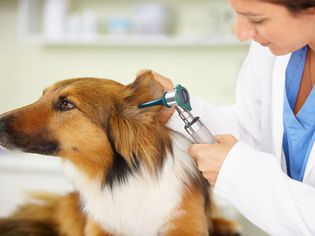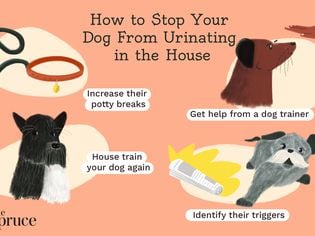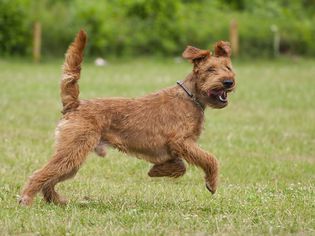You know how active your dog is on a regular basis, so if your dog suddenly seems lethargic and is moving around less, there may be a reason why. Lethargy can be a sign of an underlying problem that shouldn't be ignored because it may indicate a serious issue that requires treatment. It is helpful for dog owners to understand why their dog may act lethargic, so they can get their dog the help it may need. Find out more about the underlying causes of lethargy, how a diagnosis is made, and how this condition may be treated.
Causes of Lethargy in Dogs
Lethargy in dogs can be a result of a myriad of concerns. Lethargy by itself is not something that is used to identify a specific problem or illness, but it is often one of the first of several signs that is seen in combination with other symptoms. Some common causes of lethargy in dogs include the following.
Illness or Disease
Osteoarthritis, obesity, diabetes, hypothyroidism, gastroenteritis, intestinal parasites, neurological disorders, and many other illnesses or diseases can cause a dog to be lethargic. Some diseases cause lethargy due to a decrease in metabolizable energy, nausea, pain, disorientation, or other problems that result in a dog being more tired. Lethargy is just one of the signs that these illnesses or diseases can cause, so it's important to assess and look for other symptoms when you notice your dog is lethargic.
Injury
Torn cruciate ligaments, bee and other insect stings, dog fights, and other situations that cause a pet to be injured can result in lethargy. Sometimes the lethargy is due to pain, but other times it may be due to internal bleeding or instability of a joint. External injuries may be easier to see than internal injuries, but both can cause lethargy and be very serious.
Dehydration
When a dog does not consume enough water or loses too much water because of a disease or extreme heat exposure, dehydration will occur. The body needs enough water to function normally so without it, lethargy will result. Diarrhea, vomiting, heat stroke, and other issues can all cause dehydration in your dog and therefore result in it being lethargic.
What to Do If Your Dog Is Lethargic
If you notice your dog acting more lethargic than usual, a visit to your veterinarian is in order. A full physical examination and a history of your pet will be obtained. If there is no clear reason for the lethargy, diagnostic testing will be recommended. X-rays, a fecal analysis, and blood work are often the first tests to be run. These will look for broken bones and other internal abnormalities like organ dysfunction, signs of infection, or changes to electrolyte levels. Occasionally MRI or CT scans and more specific blood tests may also be recommended depending on what is suspected.
Treatment for Lethargy
Once the cause of the lethargy is diagnosed, a treatment plan can be made. Various medications to treat the underlying illness, disease, or infectious cause of the lethargy will be prescribed. Pain will be addressed and may be treated with physical therapy, medications, acupuncture, laser therapy, or other treatments. Sometimes rest is needed, especially if there was an injury. Other times, an increase in activity, especially for a dog with obesity are needed to treat the underlying reason for the lethargy. On occasion, surgery may also be necessary.
How to Prevent Lethargy
Because practically any illness can cause lethargy in dogs, it is impossible to prevent them all, but there are some steps you can take to help keep your dog happy and active. Regular check-ups with your veterinarian and having a routine blood screening can help detect problems before they have the chance to cause lethargy in your dog.
Ensuring your dog always has access to fresh water, is not left in high heat for extended periods of time, and uses regular parasite preventatives can also decrease some causes of lethargy in dogs. Otherwise, basic safety measures of keeping your dog on a leash when on a walk, not forcing it to perform activities that it isn't well-conditioned for, and keeping it away from toxins, chemicals, and garbage can decrease the likelihood of your dog becoming lethargic.








